Small plates
People with autism may be picky eaters because they are hesitant to try new things, but also because they may have an atypical sense of taste.

People with autism may be picky eaters because they are hesitant to try new things, but also because they may have an atypical sense of taste.
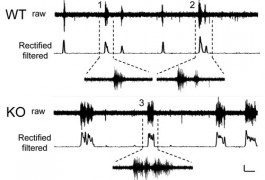
Neurons from mice that model fragile X syndrome may fire signals more readily than neurons from controls, according to a study published 5 October in The Journal of Neuroscience. The results suggest a cause for the high incidence of seizures in individuals with the syndrome.
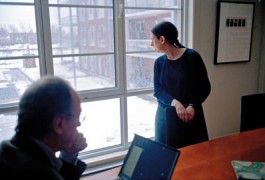
In a Nature commentary, Laurent Mottron, professor of psychiatry at the University of Montreal, argues that autism is not a defect that needs fixing.
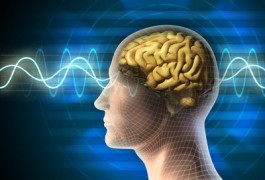
In high-functioning adults with autism, the signal-to-noise ratio in the outer regions of the brain is significantly lower than in healthy controls, according to unpublished research presented Friday in Washington, D.C.
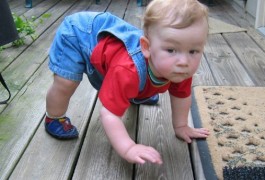
Many children with autism have a range of motor issues — such as head lag, floppy arms and difficulty sitting up — beginning in the first few months of life, according to an emerging body of work.

There should be more research on sensory sensitivity in autism, which severely affects quality of life, says bestselling author and animal scientist Temple Grandin.

Individuals with Asperger syndrome perform at the same level as controls do on tests of visual ability, according to a study published 30 August in Biological Psychiatry. This result adds to growing evidence against the claim, made in an infamous 2009 study, that individuals with autism have superior vision.
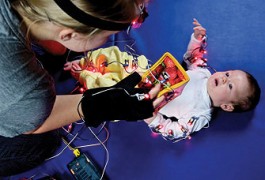
A fascinating project is measuring the precise movements of infants as they interact with objects and people. The researchers are using the data to learn about infant development and build a ‘social’ robot.

Nothing is known about how the brain changes in aging individuals with autism, according to a review published online 24 August in Gerontology. Nor do researchers know whether the core symptoms of the disorder improve, worsen or remain unchanged with age.
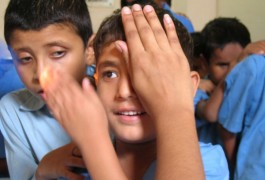
Impairments in vision, even if they don’t cause autism, are likely to be manifestations of underlying neural abnormalities, says Pawan Sinha, professor of vision and founder of the humanitarian organization Project Prakash.